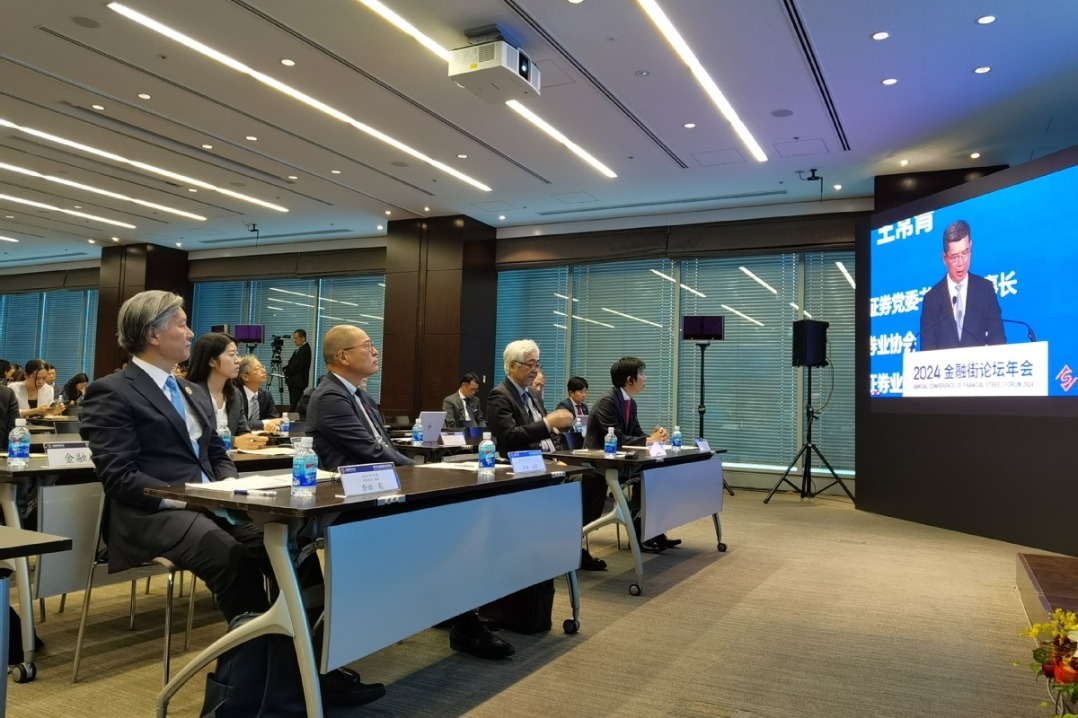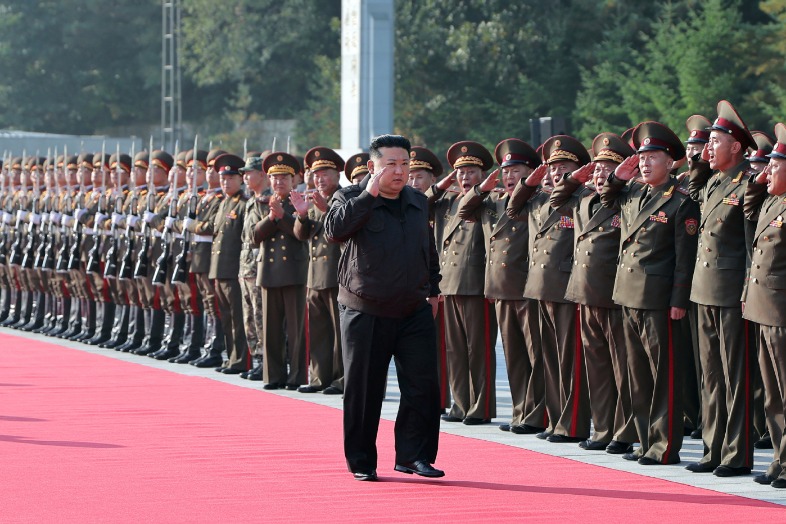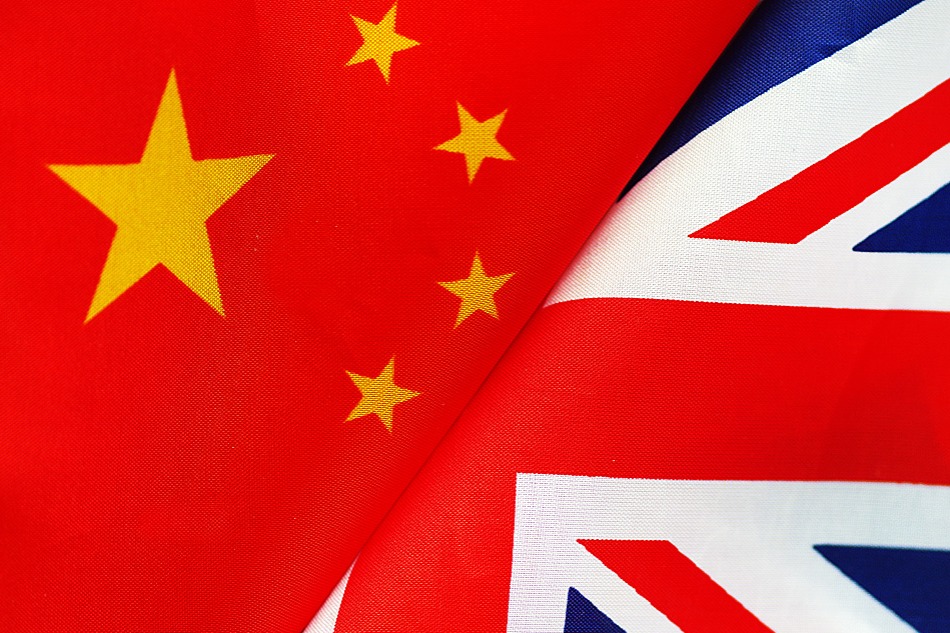Beijing, Tokyo vow to relive spirit of landmark treaty

As a climax of the celebrations of the 45th anniversary of the landmark Treaty of Peace and Friendship Between China and Japan, leaders from both sides pledged to relive the spirit of the treaty and envisioned the future growth of bilateral ties.
Premier Li Qiang and Japanese Prime Minister Fumio Kishida on Monday exchanged congratulatory messages on the 45th anniversary of the signing of the treaty.
In his message, Li expressed Beijing's willingness to work with Tokyo to "firmly grasp the correct direction of the development of the two countries' relations" and commit to building a China-Japan relationship that meets the requirements of the new era.
In August 1978, the leaderships of the two countries made their strategic decision to sign the treaty, one of the four landmark bilateral political documents signed since the normalization of China-Japan relations in 1972.
The treaty, in the form of a legal protocol, sets out the general direction of bilateral ties, featuring peaceful coexistence and friendship between the two neighboring countries for generations to come, and emphasizes that both nations are opposed to hegemonism.
In his message sent to Tokyo on Monday, Li described the treaty as "an important milestone in the development process of relations between the two countries" and said China is willing to work with Japan to "relive the spirit of the treaty".
The premier said the development of China-Japan relations over the past 45 years was "hard-won".
He said the progress made in the relationship "has enhanced the well-being of the two peoples and contributed in positive ways to the peace, stability and prosperity of the region and the world".
Kishida said, "Japan is willing to relive the spirit of the treaty with China and strive for greater development of Japan-China relations."
The Japanese prime minister said it is important for the two sides to work together to build a constructive and stable Japan-China relationship.
"Japan and China shoulder important responsibilities for peace and prosperity in the region and the world, and have the potential for cooperation in a wide range of areas," he said.
Addressing a commemorative reception in Tokyo on Monday, Japanese Foreign Minister Yoko Kamikawa noted that there are many challenges facing Japan and China and that "we must renew our determination to further develop the aspirations of our predecessors, which are inscribed in the treaty".
"It is important to pass on these aspirations to the next generation, who will be responsible for the future of both Japan and China, and to ensure that this treaty will always retain its brilliance," she added.
Foreign Minister Wang Yi and Kamikawa also exchanged congratulatory messages on the same day.
The exchange of congratulatory messages between the two sides "sends an important positive message of upholding China-Japan peace, friendship and cooperation", said Foreign Ministry spokeswoman Mao Ning.
It is still necessary to honor the core contents of the treaty, such as noninterference in each other's internal affairs, when handling China-Japan relations today, she said.
Observers said that China-Japan relations are at a critical stage of improvement and development amid many risks and challenges, and the two sides should secure the political foundation of the relationship, expand mutually beneficial cooperation, and manage and control contradictions and divergences.
Cheng Yonghua, executive vice-president of the China-Japan Friendship Association and former Chinese ambassador to Japan, noted that China-Japan ties have been dampened recently as Tokyo frequently issued negative signals on strategically blocking China and economically "decoupling" with China, and some Japanese politicians even linked the situation in the Taiwan Strait to Japan.
"Tokyo should not forget its treaty obligations and it needs to rethink the role of the relationship in Japan's diplomatic strategy. Economic development and the improvement of people's livelihoods are common tasks for China and Japan, particularly in this post-pandemic era," he added.
Japan is currently China's fifth-largest trading partner, and China is Japan's largest trading partner, export destination and source of imports. Last year, bilateral trade totaled $357.424 billion, according to the Ministry of Commerce.
About 61.5 percent of Chinese respondents and 53.1 percent of Japanese respondents endorsed the importance of people-to-people exchanges in improving bilateral relations, according to a recent survey by China International Publishing Group and Japanese think tank Genron NPO.

































